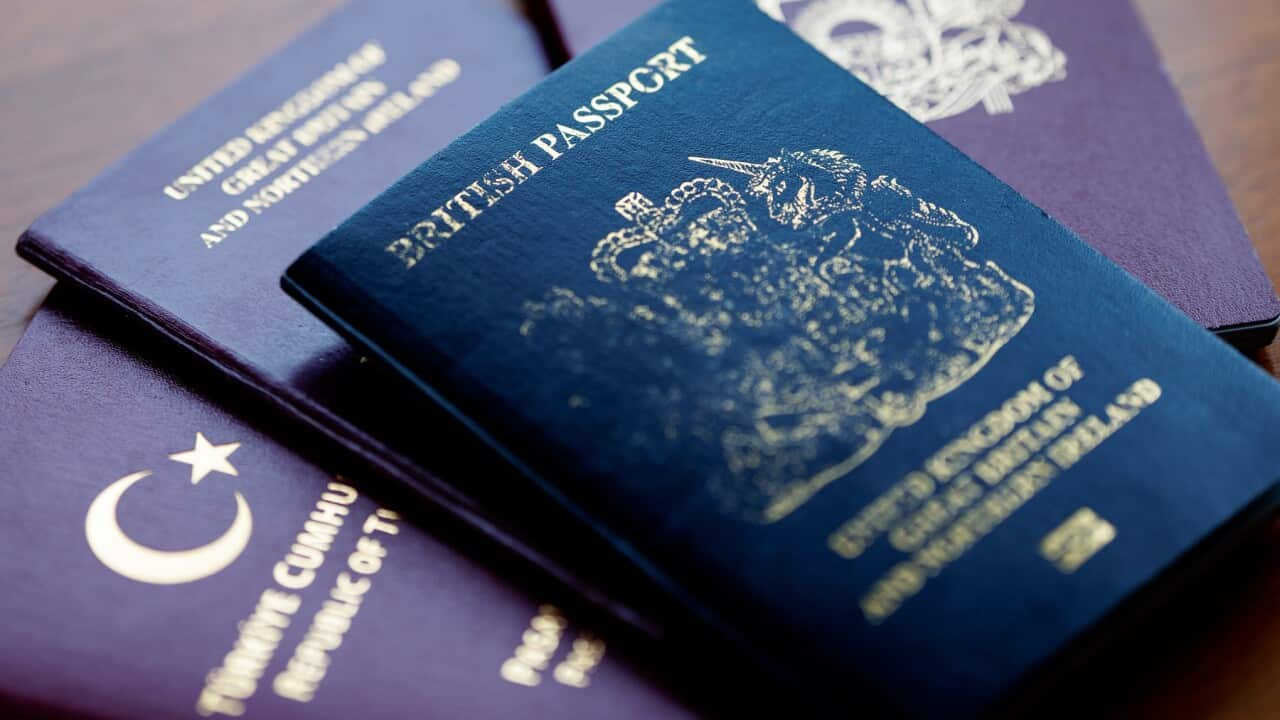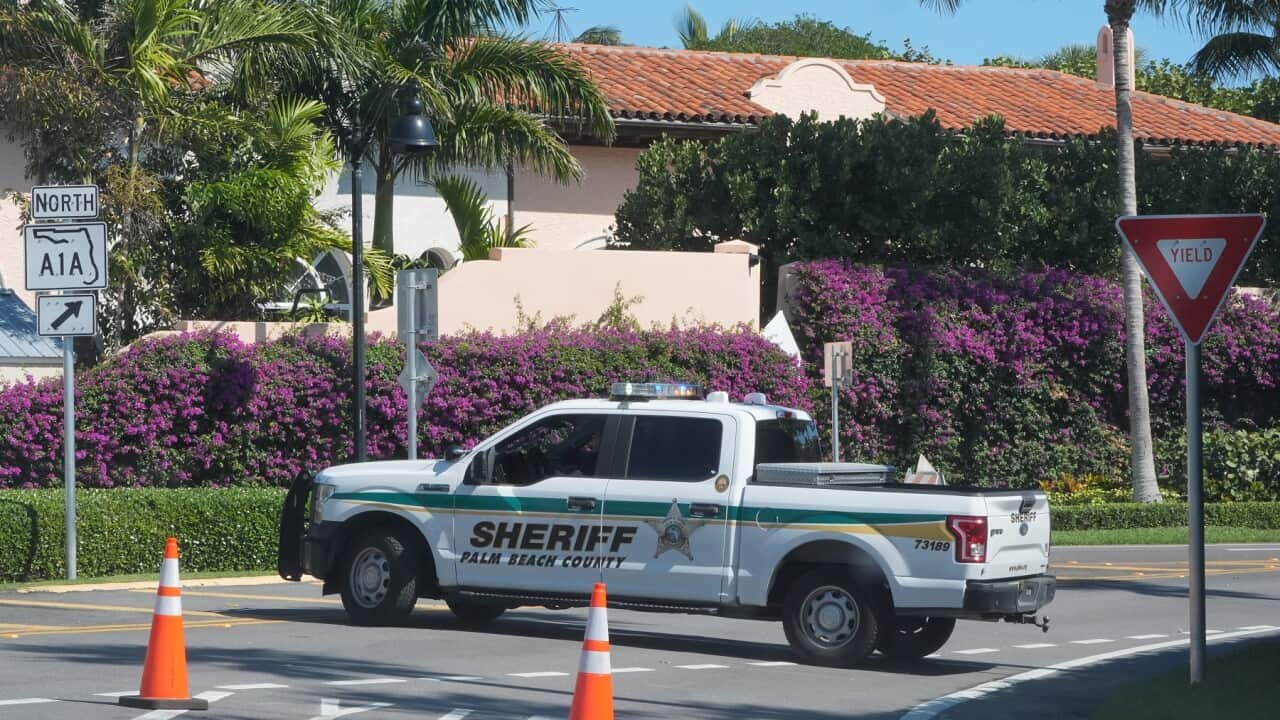Listen to Australian and world news, and follow trending topics with SBS News Podcasts.
TRANSCRIPT
"I think Australians are in for a very rude shock when it becomes, this actually perhaps gets implemented and they all of a sudden are being forced to hand over that data to access services that they've freely been able to access up to this point."
That's Professor Daniel Angus talking about the upcoming implementation of the teen social media ban.
As of December 11 this year, social media companies will be required to take "reasonable steps" to prevent Australians under sixteen from using their platforms.
Professor Angus was one of more than 140 academics and civil society organisations that signed an open letter against the ban.
Another signatory was Professor of Internet Studies at Curtin University, Tama Leaver.
He says that we know very little detail about the ban at the moment.
"We know that there's a lot of moving parts. We know that there's a lot of global interest, but we don't actually have the nuts and bolts of how it's going to work as yet."
When the Federal Government passed the legislation last November, they included a twelve month enforcement delay.
This time would allow for a government-commissioned trial to assess the technologies available, and for the Communications Minister to establish rules for what social media companies can and can't do.
That trial released its preliminary findings last week, announcing that age assurance can be done in Australia and can be private, robust and effective.
Experts like Professor Angus are sceptical of this claim.
"One of the key concerns that we have is how the industry often will inflate their accuracy and the utility of these approaches when we know that there are still significant issues when it comes to both gender and also racial biases, but also the general lack of efficacy of these approaches."
The digital communication professor says the public have not been well-informed about the likely impacts of these technologies, since to check if a user is under 16, they must also check if they are older than that.
"The greater risk that comes from when we're all, and that's every single person being asked to give over very sensitive personal data to vendors, third parties, perhaps the government just to access basic digital services that we've come to rely on every day and what that looks like."
Despite these concerns, some cyber safety experts like Kirra Pendergast remain supportive.
"I's like all aspects of technical security, cybersecurity, cyber safety. It's never ever going to be 100%. This is never going to be the silver bullet, but it's a really, really good start because again, it sparked all of the conversations that we needed to have at every level of society."
Initially against the ban based on technical concerns, she changed her view after seeing how parents were struggling to respond to their children's social media use.
Ms Pendergast says the ban has the potential to help parents and educators prepare children for the digital world.
"I think there's multi-pronged benefits here. It's going to help the parent that struggles with no say, sorry buddy. You can't have it until you're 16. It's definitely going to help there. It's also going to spark big conversations. It's also going to help educators get children ready in time because they're thrust into a world that they don't understand."
Young people like April Willis are still not convinced the ban will be effective.
"I think the hard truth is that a lot of us are thinking, 'I would've found a way around it', as I'm sure many young people will. I most likely would not have listened and yeah, I would've joined it somehow some way."
She says being on social media as an early teen originally gave her an outlet for connection and having fun, but that as she grew up it had an impact on her mental health.
The now 22-year-old works with mental health service ReachOut as a Youth Advocate.
She says young people's views need to be included in discussions about how to implement the ban.
"Especially now that the ban's been announced, that kind of conversation with young people has come to a halt. And I think it's more important now to have young people and mental health organizations discussing this."
Australians are not the only ones waiting to find out how the ban will work.
New Zealand, Greece, France and Spain are among other countries considering implementing similar minimum age bans.
With Australia the first country to attempt to implement this kind of policy, the results could have global impact.
Professor Leaver says for this to work, there is still lots left to do.
"If the rest of the world is watching Australia and hoping that this might be a blueprint, we're going to have an awful lot of work to do in the next few months to actually have a blueprint to practically do this rather than simply aspire to giving parents some reassurance, which is what ultimately I think this legislation boils down to."













